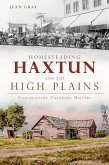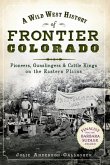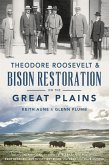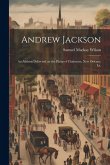Homesteading the Plains offers a bold new look at the history of homesteading, overturning what for decades has been the orthodox scholarly view. The authors begin by noting the striking disparity between the public’s perception of homesteading as a cherished part of our national narrative and most scholars’ harshly negative and dismissive treatment. Homesteading the Plains reexamines old data and draws from newly available digitized records to reassess the current interpretation’s four principal tenets: Homesteading was a minor factor in farm formation, with most western farmers purchasing their land; most homesteaders failed to prove their claims; the homesteading process was rife with corruption and fraud; and homesteading caused Indian land dispossession. Using data instead of anecdotes and focusing mainly on the nineteenth century, Homesteading the Plains demonstrates that the first three tenets are wrong and the fourth only partially true. In short, the public’s perception of homesteading is perhaps more accurate than the one scholars have constructed. Homesteading the Plains provides the basis for an understanding of homesteading that is startlingly different from the current scholarly orthodoxy.
Hinweis: Dieser Artikel kann nur an eine deutsche Lieferadresse ausgeliefert werden.
Hinweis: Dieser Artikel kann nur an eine deutsche Lieferadresse ausgeliefert werden.








